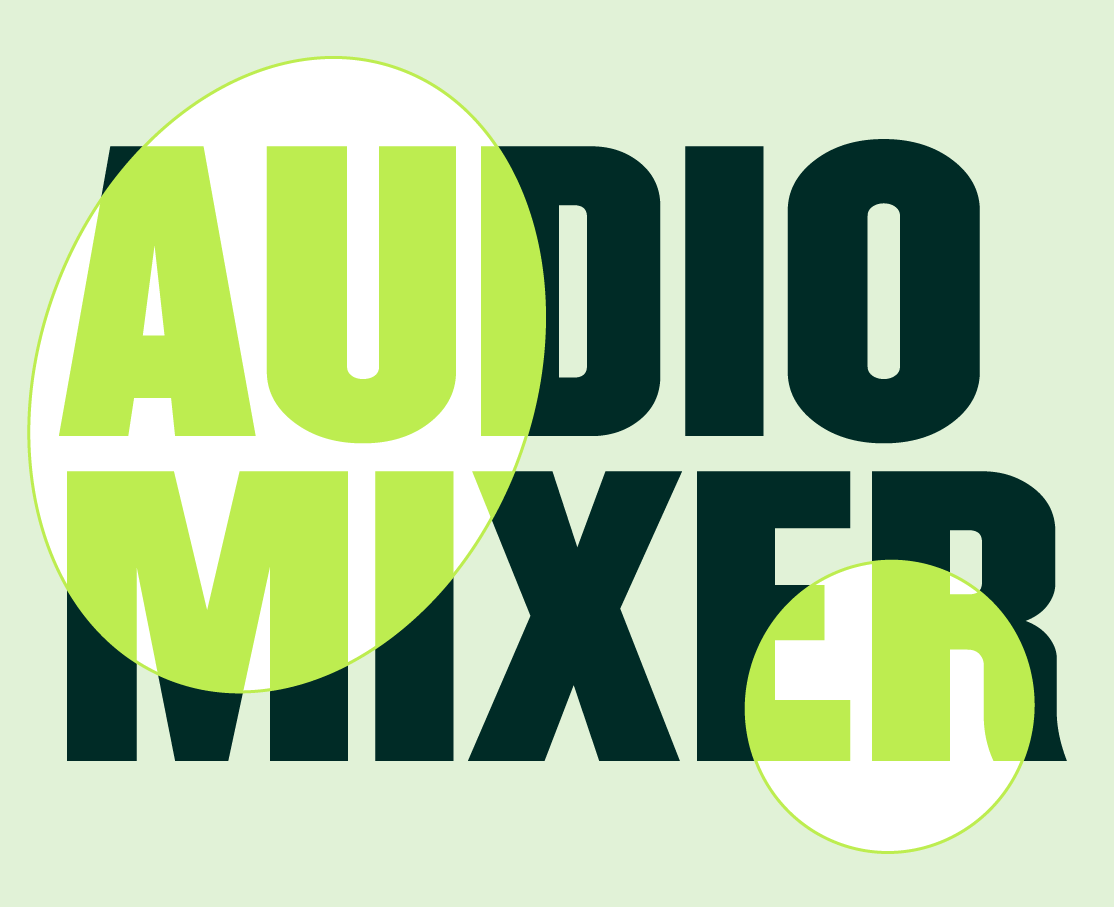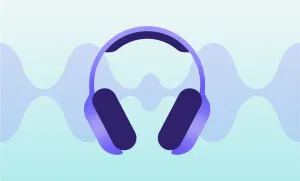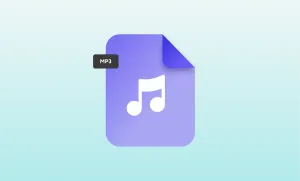Whether you're just getting started with podcasting or you've been doing it for a while, there's one piece of equipment that you can't do without an audio mixer. In this blog post, we'll break down what an audio mixer is and why you need it for your podcast. We'll also give some tips for mixing and post-producing your audio at home. So, What Is an audio mixer? Let's dive in!
What is Audio Mixing?
Audio mixing is the process of taking multiple audio sources and combining them into a single track. This can be done for music, dialogue, sound effects, or any other type of audio. Mixing audio is a complex process that requires knowledge of Equalization (EQ), compression, reverb, and other audio effects.
Is audio mixing difficult?
Audio mixing is a complex process, but it's not as difficult as it may seem at first. With some practice, you'll be able to get great sounding audio for your podcast.Here are some of the steps you need to follow when audio mixing:
1. Choose the audio sources you want to use
When audio mixing, it's important to choose the audio sources you want to use wisely. You'll need to decide which audio clips work well together and create a cohesive story. This can be a challenging process, but it's important to make sure the audio clips flow together smoothly.
2. EQ each audio source
EQing (equalizing) audio sources is one of the most important features of an audio mixer. EQing allows you to adjust the tone and sound of each audio clip. This can be used to reduce noise, emphasize certain frequencies, or create a specific soundscape.
3. Compress each audio source
Compressing audio clips is another important step in audio mixing. Compression reduces the dynamic range of an audio clip, which makes it sound more consistent overall. This is especially helpful when you have multiple audio clips that are competing for attention.
4. Add reverb and other effects as needed
Reverb is a type of effect that simulates the sound of being in a physical space. It can be used to make your audio sound more natural or to create a specific mood or atmosphere. Other effects such as delay, chorus, and flanger can also be used to enhance your audio clips.
5. Balance the levels of each audio source
It's important to balance the levels of each audio clip so that they all sound consistent relative to one another. This will help ensure that your podcast sounds cohesive and professional.
As you can see, audio mixing is a complex process. But with some practice, you'll be able to get great sounding audio for your podcast.
So to sum, let's take one more look at what makes a good audio mix? Here is your checklist!
- Choosing the right audio sources
- EQing each audio source with your audio mixer
- Compressing each audio source
- Adding reverb and other effects as needed
- Balancing the levels of each audio source.
If you can check all of these things off your list, then you are on your way to audio mixing success!
Why Do You Need an Audio Mixer for Your Podcast?
There are a few reasons why you might need an audio mixer for your podcast.
1) To make your audio sound natural
If you're recording audio from multiple sources (like guest interviews), an audio mixer will allow you to control the levels of each audio source independently. This is important for making sure that your audio is balanced and sounds natural.
2) To add sound effects and enhance your audio
An audio mixer also allows you to add sound effects and other audio enhancements. This can be anything from simulating the sound of being in a room with reverb to adding a delay effect to make your audio sound more polished.
3) To reduce noise and background distractions
An audio mixer can also be used to reduce noise and other background distractions. This is especially important if you're recording in a less than ideal environment (like a coffee shop). By using an audio mixer, you can isolate each audio source and reduce the overall noise level.
What is an Audio Mixer Anyways?
An audio mixer is a device that takes multiple audio signals and combines them into one. This can be done for music, dialogue, sound effects, or any other type of audio. Mixing audio is a complex process, but it's important for getting great sounding audio for your podcast.If you're recording audio from multiple sources (like guest interviews), an audio mixer will allow you to control the levels of each audio source independently. This is important for making sure that your audio is balanced and sounds natural.In addition, an audio mixer can also be used to add sound effects and other audio enhancements. This can be anything from simulating the sound of being in a room with reverb to adding a delay effect to make your audio sound more polished.So, if you're serious about podcasting, an audio mixer is a must-have tool. Here are some tips for mixing audio at home, if you're just starting podcasting!
Tips for Mixing Audio at Home With Podcastle
Podcastle is a complete audio recording, editing and enhancement studio which can serve as a free audio mixer for your podcast! It has all the features required to make your audio sound professionally post produced. The best part is that all it takes to get a professional audio is a few simple clicks! Podcastle offers:1) Audio equalizer2) Audio auto-leveling feature3) Audio assistant4) Background noise remover5) Large library of sound effects and music tracks6) Filler word detector Go ahead, and give it a shot!
Final Thoughts
An audio mixer is an important tool for podcasting. It allows you to control the levels of each audio source independently, add sound effects and audio enhancements, and reduce noise and other background distractions. If you're serious about podcasting, an audio mixer is a must-have tool.Podcastle is the perfect home audio recording and mixing solution for podcasters. It's a complete, professional-quality studio that can help you produce great-sounding audio with just a few clicks!








